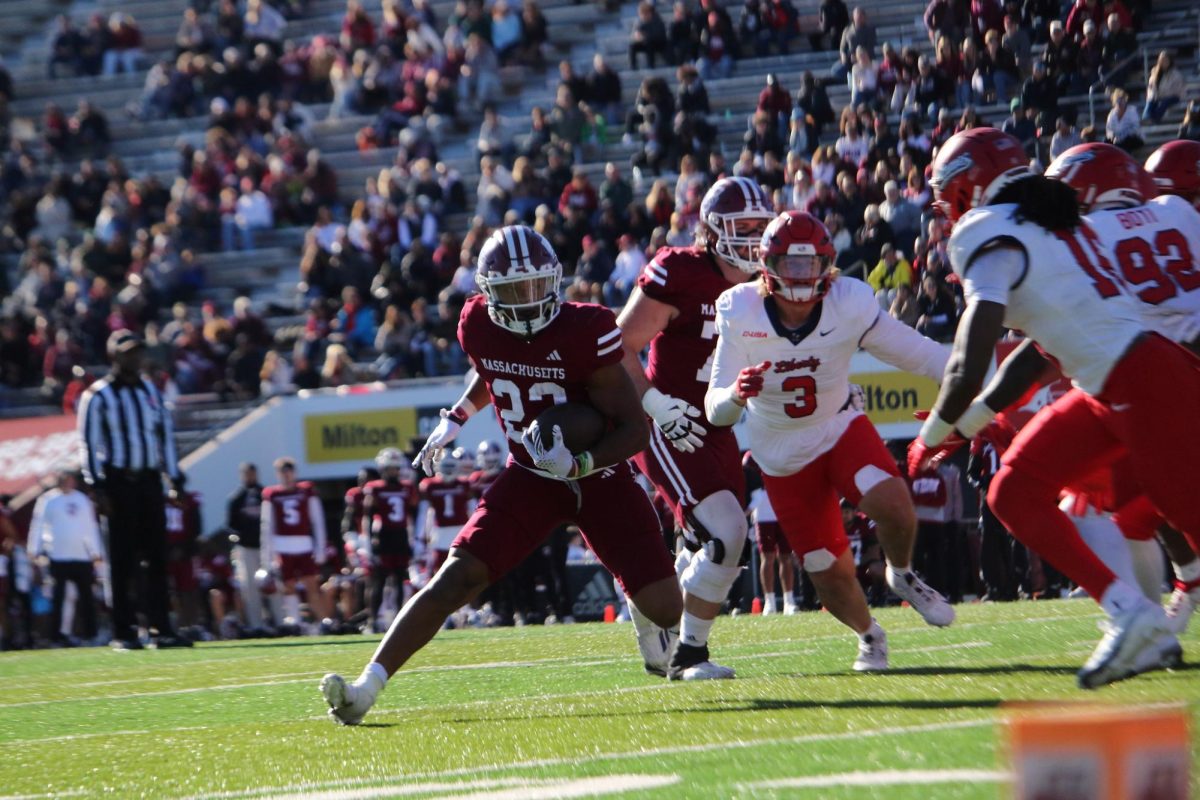
With John Ashcroft, the former attorney general under George W. Bush, coming to campus this week, questions about where the Republican Party is heading are bound to turn up. In the wake of Barack Obama’s presidency, which had an explosive start with Obamacare and fizzled out over the next seven years, where do Republicans stand? Even though the Tea Party is consistently criticized as being the fringe of the GOP, Rand Paul (a Tea Party favorite) has won the CPAC straw poll two years in a row. Amidst all the outrage at the deadlock in Congress, the Republicans who won the House of Representatives in 2010 have been fighting Obamacare and government waste in a way which is consistent with their platforms. This contrast between the national coverage of Congress and the political realities within each constituency makes it rather hard to say what kind of shape the GOP is in. My guess, however, is that the GOP is in as good a place as it has ever been to win the presidency in 2016.
The Tea Party has caused seemingly endless problems within Congress since it became a major player following the 2010 midterms. While the GOP has received significant blame for the deadlock in Congress, the Tea Party has received a mountain of criticism. Initial coverage of the party was disastrous for the GOP, especially when allegations of racism and religious fundamentalism became part of the mix. However, the Tea Party has remained virtually unscathed throughout the process. When one thinks of the future of the GOP, the Tea Party is both active and resilient, and has great potential for mobilizing voters. Without a doubt, the Tea Party is one of the most involved interest groups in the country. Unlike the Sierra Club, AARP or most of the various interests that Americans participate in funding, the Tea Party has a broad base of active members who are willing to mobilize and discuss politics on a regular basis in local communities. What’s more, Tea Party candidates are popular among young people, as Rand Paul’s success in the straw poll shows. Despite criticisms, the secular nature of the Tea Party allows it to appeal to voters who want conservative governance but who feel that traditional social conservatism is too intrusive.
While Hillary Clinton is all but assumed to be the next Democrat running in the general election, the Republican Party has a broader range of competent candidates. New Jersey governor Chris Christie provides a middle-of-the-road conservative with an excellent record, Bridge-gate notwithstanding. Rand Paul is an excellent speaker and his commitment to fiscal policy is promising for the many Americans who haven’t received any of the benefits of the current recovery. Whereas previous Republican primaries showcased bickering and an excessive degree of infighting, the next round of candidates (even Ted Cruz and Rick Santorum) have all committed themselves to a more stable coalition. While the Democratic Party is more hostile to Republicans than ever, Republican candidates are showing themselves to be committed to the various interests within the GOP.
Although Republicans might be looking at a high turnout and great candidates, they still face a threat to their continued legitimacy in the government. Criticism of the previous administration might have aided the Obama campaign in 2008, but will certainly not be enough to bring about a GOP victory. Criticism is no longer enough, and the Republicans will have to be prepared with a comprehensive and well-rounded platform if they hope to have a chance in 2016. Issues like the attack in Benghazi and Obamacare, while crucial, threaten to bog down the GOP’s platform and hurt its legitimacy. It doesn’t help that the GOP hardly embraces the Tea Party. John Boehner has been unable to put forward a comprehensive Republican plan, leading to tension between the two factions. This generational disagreement between traditional conservatives and the Tea Party is something which could pass in time, or it could be a wrench in the ambitions of the GOP. Depending on whether this up and coming group can be successfully integrated into the GOP, the 2016 election could really go either way.
Julian del Prado is a Collegian columnist and can be reached at [email protected].

















